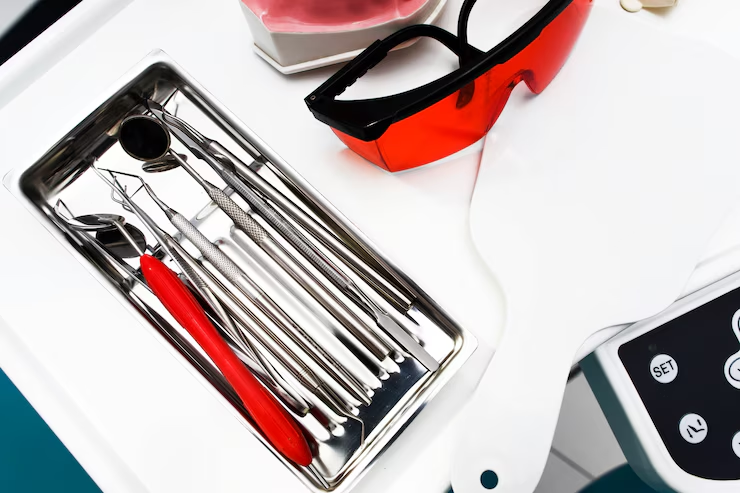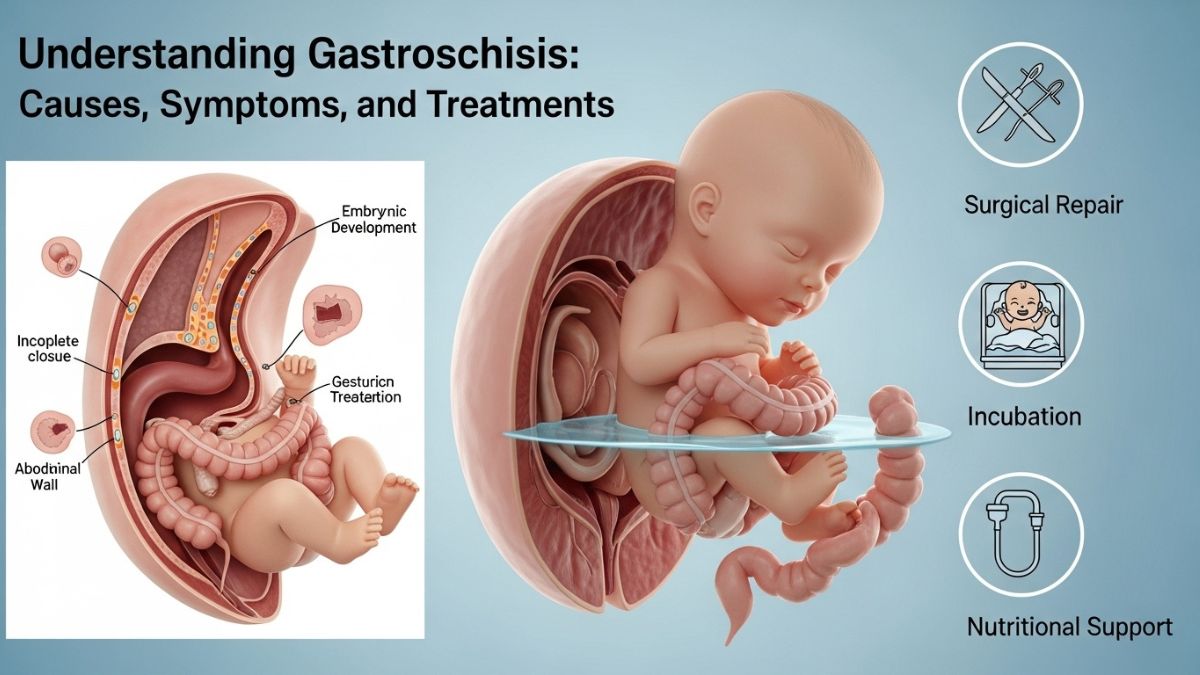Within the realm of dentistry, the arsenal of tools at a professional’s disposal is as vital as their expertise. It is the combination of knowledge and the implementation of precise instruments that ensures the highest standard of oral care. For practitioners seeking to enhance their services, understanding and acquiring the right dental instruments is imperative.
Understanding Dental Instruments
Dental instruments are the cornerstone of clinical dentistry. They are the tools that allow dental professionals to carry out their tasks efficiently, effectively, and safely. For every procedure, be it diagnostic, preventive, restorative, surgical or cosmetic, there is a specific set of instruments designed to optimise treatment outcomes. Knowing what these instruments are and how they aid in various dental procedures is essential knowledge for any practitioner looking to elevate their practice.
The Essential List of Dental Instruments
Every dental clinic should have a set of fundamental instruments. These often include explorers, handpieces, forceps, and scalers. Each instrument serves a particular purpose which contributes significantly to patient care. Explorers, for instance, are adept at detecting caries and calculus, while scalers are instrumental in plaque and tartar removal. Additionally, handpieces are essential for procedures requiring precision drilling, shaping, or polishing of teeth.
Investing in Quality
As dental technologies advance, the call for high-quality instruments that can maintain accuracy while decreasing patient discomfort becomes louder. Investing in instruments made from superior materials such as stainless steel or titanium ensures longevity and better performance. Moreover, ergonomic designs reduce fatigue and enhance control during procedures, thereby elevating both patient experience and clinical results.
Maintenance and Sterilisation
Purchasing high-quality dental instruments is only one aspect of upgrading your practice. Maintaining these tools through proper cleaning, sterilisation, and storage is equally crucial. This not only extends the life of the instruments but also safeguards against the transmission of infections. Sterilisation processes must meet industry standards to ensure a safe and hygienic environment for patients and staff alike.
Specialised Dental Instruments
Apart from the essential tools, there are specialised instruments that cater to distinct dental needs. Endodontic instruments, for instance, are used for root canal therapy and include files and reamers designed to clean and shape the root canal. Periodontal instruments, on the other hand, are used for treating gum disease and might consist of specialised scalers, curettes, and lasers.
Technological Integration
Incorporating the latest technology into your practice with advanced diagnostic and treatment instruments can significantly enhance service delivery. Digital imaging systems, for example, provide detailed views of the oral cavity, allowing for more accurate diagnoses and treatment plans. Similarly, laser technology has revolutionised various dental procedures, providing less invasive and more comfortable options for patients.
Optimising the Procedure Room
The set-up and organisation of the procedure room can significantly impact the efficiency with which dental instruments are used. A well-organised room where instruments are easily accessible allows for smoother workflow. More than just functionality, the arrangement should adhere to infection control protocols, with a clear distinction between clean and contaminated zones.
Staff Training
Equipping your clinic with state-of-the-art dental instruments necessitates corresponding staff training. Team members must be well versed in the usage, maintenance, and safety protocols of every instrument. Continuous education ensures that everyone within the dental practice can handle innovative tools effectively, providing the best possible patient care.
Choosing the Right Supplier
Partnering with a reliable supplier of dental instruments is key to upgrading your dental practice. This partnership should guarantee the provision of high-quality, dependable, and cutting-edge tools. It is beneficial to choose a supplier that not only offers a vast range of products but also support, servicing, and educational resources on the proper use and upkeep of dental instruments.
Customising Your Inventory
The instruments you choose must resonate with the specific services your practice provides. While general tools are a necessity, the decision to stock up on specialised or advanced instruments should be based on the cases you frequently deal with and the treatments you offer. Customising your inventory in this way ensures that you are prepared for any procedure without unnecessary expense or equipment clutter.
Conclusion
Upgrading your dental practice with the right dental instruments can significantly improve the quality of care you provide. The key lies in understanding the role these tools play in various dental procedures and investing in quality, maintenance, and technological advancements. By ensuring proper training and choosing the right supplier, you equip your dental practice with the essential building blocks required for success in providing excellent oral care.
Bringing about such an upgrade is not a one-time event but an ongoing process that involves constant evaluation and adaptation in line with emerging technologies and patient needs. A commitment to this will not only advance your practice technologically but will also manifest in enhanced patient satisfaction and loyalty, securing your place as a leading provider of dental care services.















